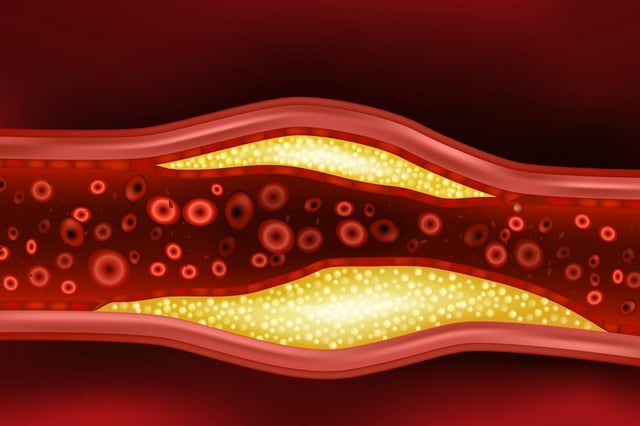Overview
- Lepodisiran, an experimental drug by Eli Lilly, reduced lipoprotein(a) levels by 93.9% after six months and 94.8% after one year with a second dose in Phase 2 trials.
- The drug uses RNA-targeting technology to prevent the production of lipoprotein(a), a genetic cholesterol linked to heart disease and strokes.
- Phase 2 trials involving 320 participants reported no serious adverse events, marking a significant step in the drug's development.
- Lepodisiran has now progressed to Phase 3 trials to determine if lowering lipoprotein(a) reduces cardiovascular events, with patient enrollment ongoing and expected to conclude this year.
- Other pharmaceutical companies, including Amgen, Novartis, and Silence Therapeutics, are also developing treatments for lipoprotein(a), reflecting a competitive landscape in this field.



